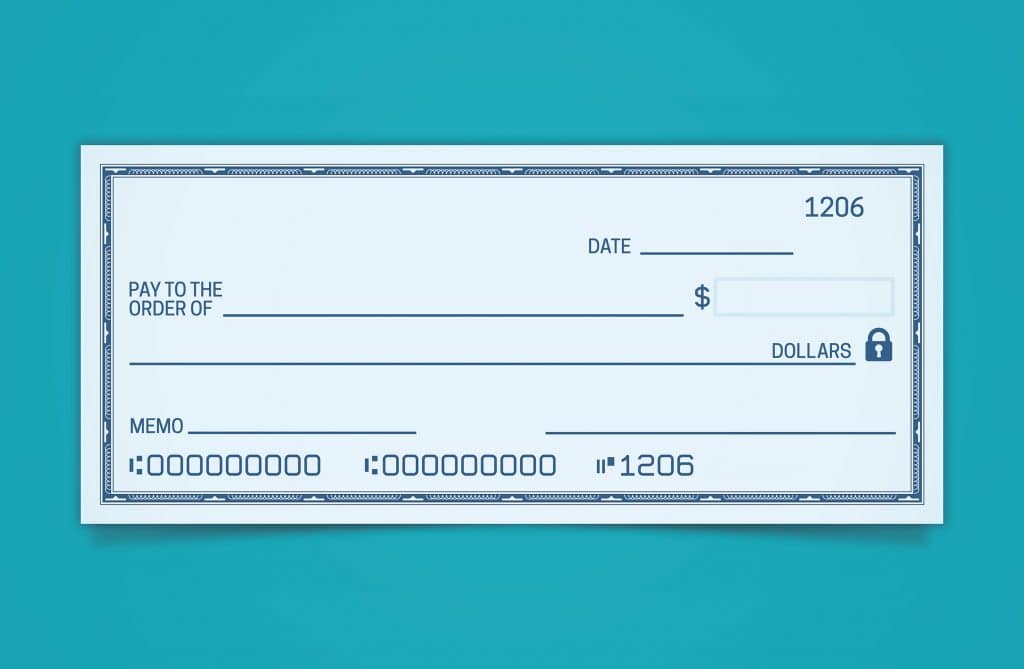Effectively managing your money means in part that you need to have a trusted bank for your various transactions. You can choose to open several account types with your bank, and the best one depends on what you want to do with your money. For instance, you can have a savings account to help you save and grow your money or a checking account for personal use. You can also open a fixed deposit account if you’re into long-term savings with higher interests.
What is a checking account?
A checking account is a deposit account held at a bank or credit union that enables you to swiftly perform your everyday money transactions, such as writing checks or using your ATM and debit cards, among other methods. A checking account is also referred to as a transactional or demand account. It is the most liquid of all categories of accounts and allows a person unlimited access to their money through deposits and withdrawals (although some banks may have a cap to the maximum daily amounts that can be transacted).
A checking account is designed with features that make it easy to hold money in a bank in the short term for use in expenses and other bills. They are not suitable for long-term goals such as saving money for a particular project. This is because money in the checking account earns little interest. Most people link their paychecks to a current account from which they can move portions of the money to savings or investment accounts to achieve more significant interests.
How do checking accounts work?
Traditionally, using a checking account to settle payments to individuals or other entities was only limited to writing checks or direct deposits. They are still a standard method of payment today. You can pay a person or business entity a given amount of money by writing them a check that gives your bank the green light to deposit the stated amount to their checking account within the same or different bank. Other than checks and direct deposits from your employer or benefits plan, other methods can be used today as a substitute. They include
- Debit and ATM cards can be used to make cash withdrawals and deposits in ATMs. A debit card can also be used for merchant purchases either physically in stores or online.
- ACH transfers are also known as electronic transfers, where you can schedule various payments and deposits from your checking accounts.
- Wire transfers enable one to make large amounts of cash transfers from your current account to other banks, including foreign ones.
Types of checking accounts
Banks offer many types of checking accounts to their clients, each with different features, and while some are common to all banks, others are available only with select banks. Below is a brief description of some of the common checking accounts.
- Traditional checking account – A traditional or standard checking account is a typical account with common features such as credit cards and checks. Most provide access to online or mobile banking options for money management. The account may require a holder to meet the minimum balance and deposit requirements.
- Student checking account – These are current accounts designed for students between 18-23 with little experience in checking. Students with the accounts benefit mainly from little or no fees since the account is synonymous with perks such as ATM reimbursement, free checks, overdraft forgiveness, among others.
- Senior checking account – Senior checking accounts are designed for older citizens above a certain age. Their perks are similar to student checking. They may include free checks, higher interest offers on savings, among other personalized services.
- Interest checking account – This account enables a holder to earn interest on their money, although the rates are just a fraction of what you could get with savings accounts. They are an excellent way to access your money while still growing easily.
- Business checking account – Business checking accounts are built with features that conveniently enable businesses to manage their day-to-day transactions. It is prudent to go through their charges carefully, especially if your business deals with colossal cash transactions, as some banks have different charges for transactions over a specific limit.
- Checkless checking – If you’re not the kind of person to write checks, then checkless accounts can be a viable option. They don’t allow holders to write checks but may have other benefits, such as a waiver on overdraft fees.
Rewards checking account – A reward checking account earns the holder rewards in terms of points or cash when they spend their money on various purchases or services. Alternatively, the holder may earn rewards when they schedule direct deposits into the account.

